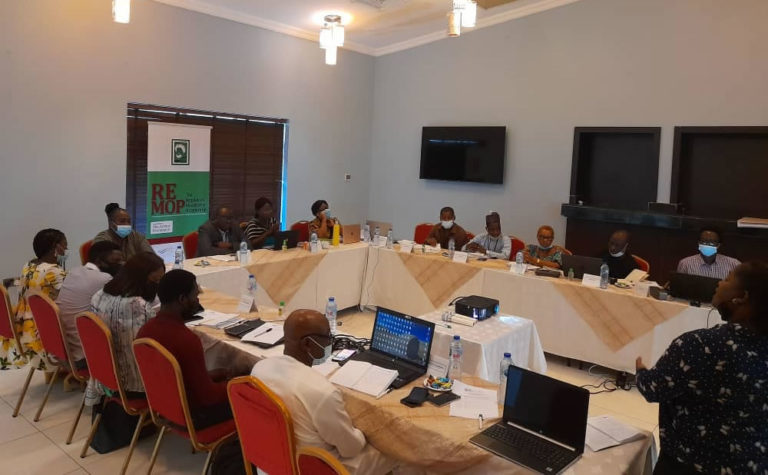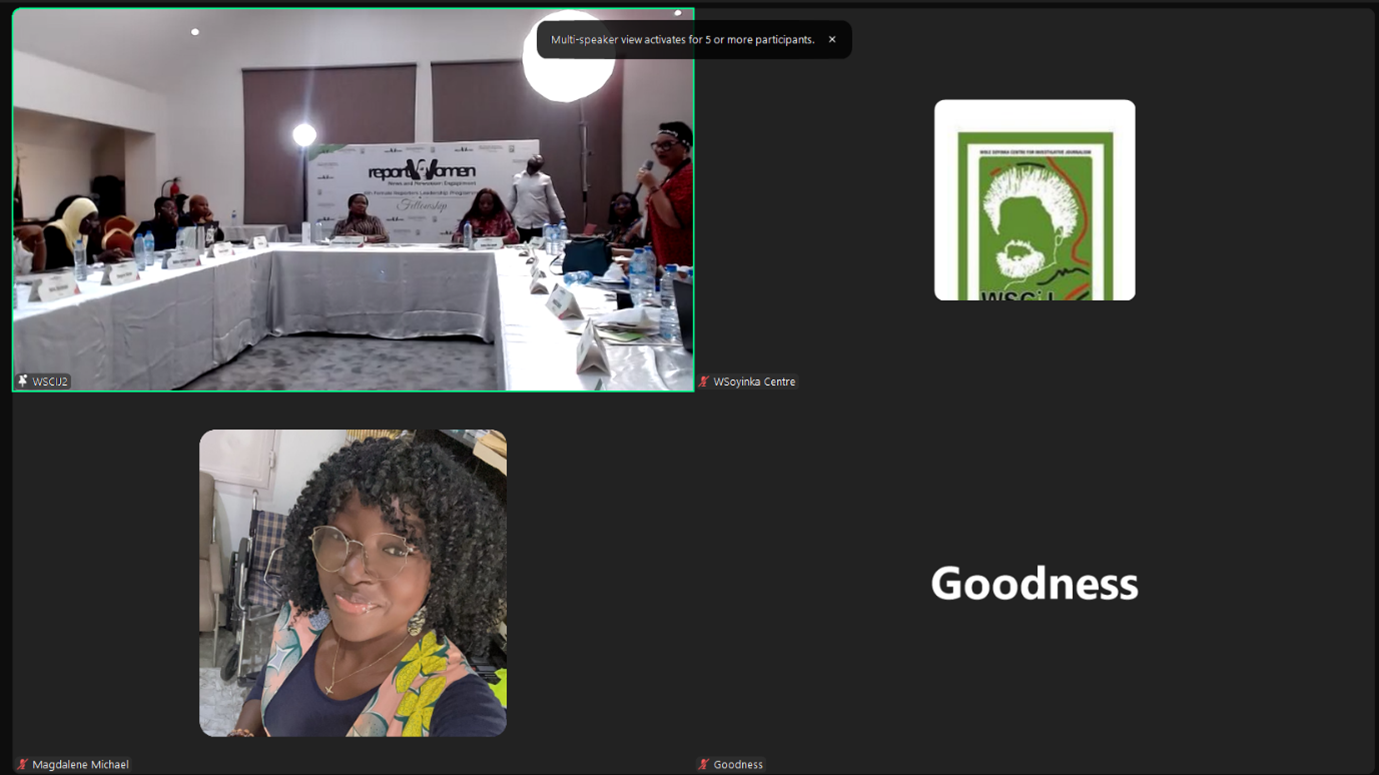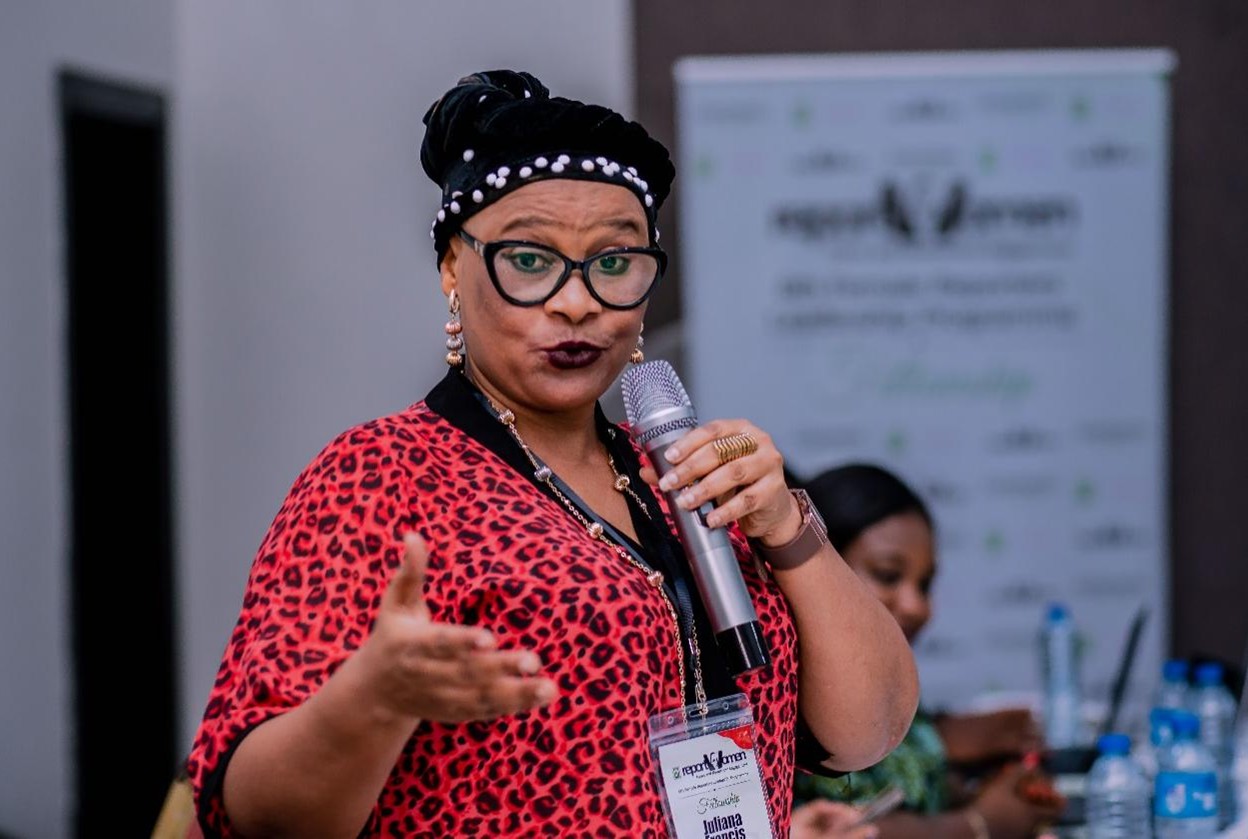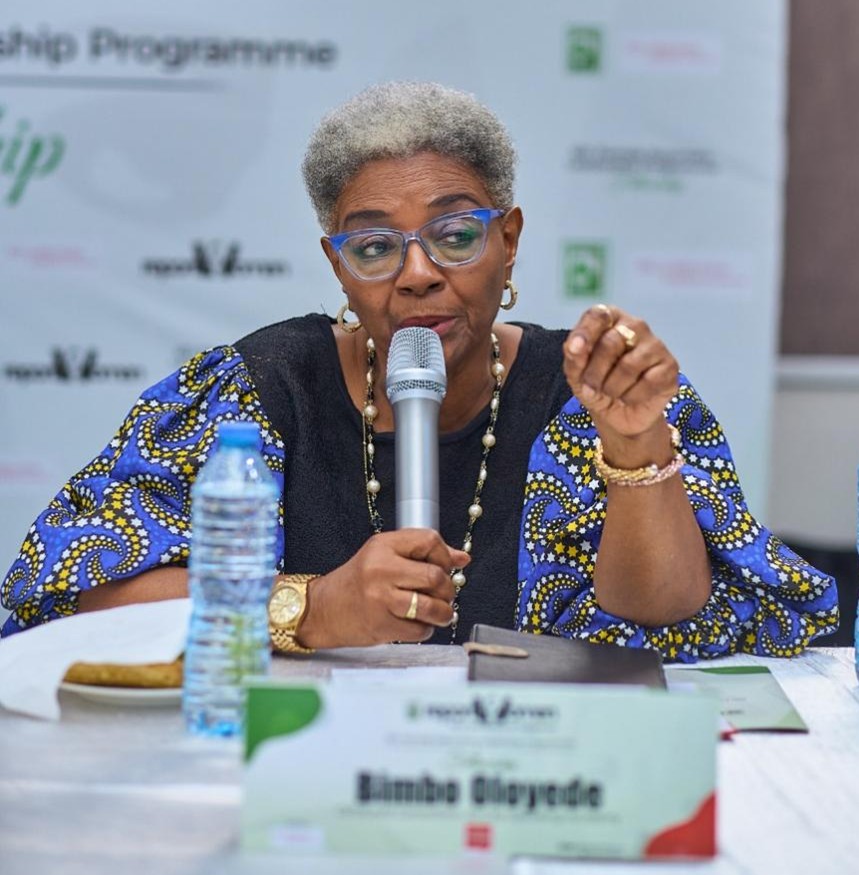The Wole Soyinka Centre for Investigative Journalism (WSCIJ) has initiated a collaborative story project among four media houses and civil society partners to interrogate the salient issue of safety of students in Nigerian schools as part of the activities under its Regulators Monitoring Programme (REMOP).
The collaborative effort led by the WSCIJ commenced with a two-day workshop on Wednesday, 9th June 2021 in Lagos with reporters from Premium Times, Foundation for Investigative Journalism (FIJ), Arise Television and New Telegraph Newspaper taken through different modules by experts and other stakeholders on the subject matter. The civil society partners which also participated at the workshop were OYA Media and the Centre for Information Technology and Development (CITAD).
Motunrayo Alaka, Executive Director/CEO, WSCIJ, stated in her opening remarks based on the centre’s experience covering education that only few investigative stories have been published on matters concerning security in education and the focus of the media has been more on tertiary education, leaving gaps in the coverage of basic education.
According to her, “The media, generally in Nigeria, is quite reactive and the capacity to set the agenda by the media on salient matters such as teacher-student ratio has been lacking.”
Speaking on the relevant laws and policies guiding school safety, Abiola Sanusi, Senior Policy and Strategy Adviser at Global Coalition to Protect Education, stated that Nigeria endorsed the Safe Schools Declaration in 2015 and signed up officially to it in 2018. She further elaborated on the types of attack on education including military use of schools, attacks or threats of attacks on schools, sexual violence by armed parties at or on the way to or from school, attacks or threats on students, teachers, or other education personnel to mention.
The immediate past director in the Department of Planning, Research and Statistics at Universal Basic Education Commission (UBEC), Tokunbo Onosode, examined the role of government and safety requirements in the establishment of schools by listing the various levels under the purview of the three tiers of governments in Nigeria with particular focus on basic education. She further expounded on the codified standards for the establishment of schools in terms of financing, location, learning environment, school buildings and classrooms as well as teacher quality.
Eunice Muchilwa, Business Development Lead and Central Emergency Response Fund (CERF)/Education Cannot Wait (ECW) Consortia Coordinator, provided participants with case studies on the impact the lack of safety in schools is having on children and an analysis of the state of school safety in Nigeria with emphasis on the North-east.
“Unsafe communities directly affect children’s mental health and concentration in school. Therefore, psycho-social support and social emotional learning must be integrated with educational interventions to help cope with trauma. School security is the collective responsibility of government, community and school to ensure children are kept safe,” she said.
Adding a media perspective to the workshop, Deji Bademosi, Founder, TV360; and Adesola Ayo-Aderele, Editor, Punch Healthwise, took the participants on investigative reporting, strategies for planning a story and safety tips for reporters. The reporters who will be mentored by Bademosi and Ayo-Aderele thereafter developed story pitches for consideration and implementation after the workshop.
Speaking on the modalities for executing the collaborative story project, Adeolu Adekola, Senior Programme Officer at WSCIJ who moderated the workshop, explained that the workshop marked the commencement of a two-month mentoring for the reporters towards helping them produce impactful stories which will be co-published by the participating media organisations and amplified by the civil society partners.
REMOP was initiated in 2017 as a media initiative geared at reporting the activities of regulators, including successes and failures, in a bid to promote proactive disclosure of information, transparency and accountability. This phase of the programme, which is supported by the MacArthur Foundation, is focused on electricity (Nigerian Electricity Regulatory Commission – NERC) and basic education (Universal Basic Education Commission – UBEC).








